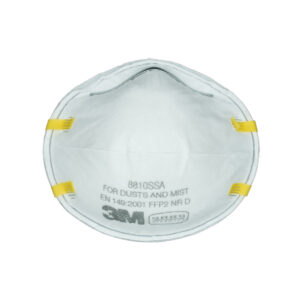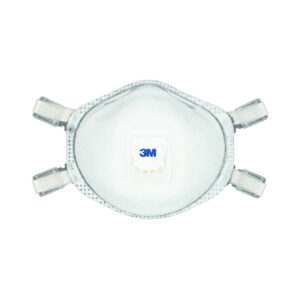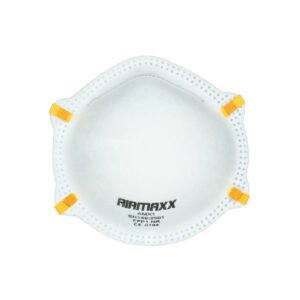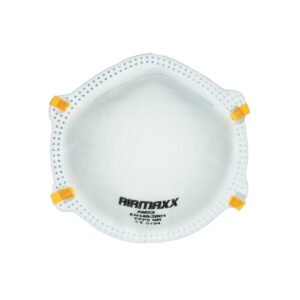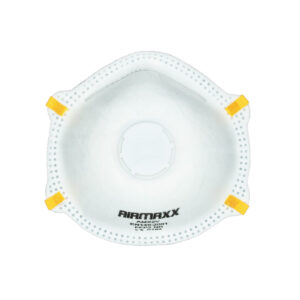Respiratory Protection
Key Considerations for Procurement Managers Buying Respiratory Protection
Procurement managers play a pivotal role in ensuring the safety and well-being of workers by procuring the appropriate personal protective equipment (PPE), including safety masks. Drawing insights from our Podcast on Respiratory protection where we interview Rani Naidoo, a senior application engineer with extensive experience in respiratory protection at 3M South Africa, this article summarises the main factors that add value to procurement manager’s decision-making process when procuring safety masks.
1. Understanding the specific needs of the work environment
The first step in procuring the right safety masks is to have a thorough understanding of the work environment and the hazards present. This involves identifying the types of particulates, gasses, or vapours workers are exposed to, their concentration levels, and exposure duration. For instance, mining operations require masks that can protect against specific particulates found deep underground. Procurement managers must collaborate with safety managers and occupational hygienists to assess these needs accurately.
2. Ensuring Fit for Purpose
Safety masks must be selected based on their suitability for the specific hazards and conditions of the work environment. As highlighted by Rani Naidoo, the concept of “fit for purpose” is vital. This involves choosing masks that not only meet the required safety standards but also are appropriate for the type of work and the physical conditions under which they will be used. For example, in environments with high particulate exposure, FFP2 or higher-rated masks should be considered.
3. Quality and regulatory compliance
The quality of safety masks cannot be compromised. Procurement managers must ensure that all procured masks meet or exceed local and international safety standards. In South Africa, this means adhering to European standards (EN), which are among the most rigorous. Products should have proper certification, and procurement managers should request documentation, such as product data sheets and homologation certificates (NRCS certification), to verify compliance.
4. Reusability and cost-effectiveness
The choice between disposable and reusable masks has significant implications for both safety and budget. Reusable masks, while requiring an initial higher investment, may offer better long-term value through their durability and the replaceable nature of filters. However, this decision must consider the specific needs of the workforce and the work environment. Procurement managers should conduct a cost-benefit analysis, considering factors such as the lifespan of the masks, maintenance requirements, and the frequency of replacement. Protekta Safety Gear can assist with a feasibility assessment on potential cost savings.
5. Supplier reliability and product authenticity
The reliability of the supplier and the authenticity of the products are critical. The COVID-19 pandemic highlighted the risks associated with counterfeit and substandard products entering the market. Procurement managers should vet suppliers thoroughly and ensure that they have direct partnerships like Protekta Safety Gear have with reputable manufacturers like 3M. It’s also advisable to be wary of offers that seem too good to be true, as they may involve counterfeit products.
6. Training and support
Finally, the value of safety masks is greatly enhanced by proper training and support. Procurement decisions should factor in the availability of training resources from the distributor to ensure that workers know how to use the masks correctly. This includes understanding how to achieve a proper fit, perform fit checks, and correctly don and doff the masks. Support from suppliers in the form of training materials, or on-site training sessions can be invaluable.
Conclusion
Procurement managers have a crucial role in ensuring that the safety masks procured for their workforce are appropriate, effective, and compliant with regulatory standards. By understanding the specific needs of their work environment, ensuring products are fit for purpose, prioritizing quality and compliance, considering the long-term value of reusable versus disposable options, verifying supplier reliability, and ensuring adequate training and support, procurement managers can make informed decisions that protect workers and contribute to a safer work environment.
View options below or HERE. You can also Contact Us to assist with an assessment and selection of masks.


